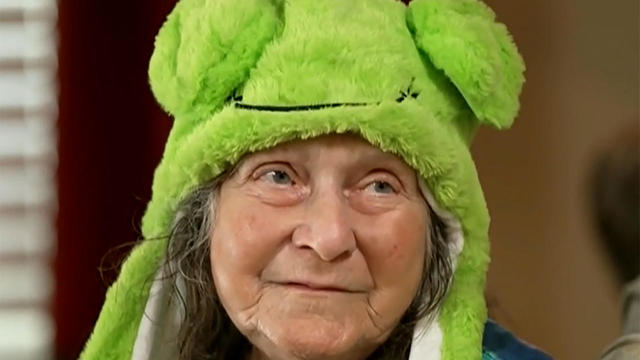
One senior's insistent acts of generosity: "She is just a vessel for giving"
Gayle Noble's daughter is embracing her mother's "aggressive kindness" by sharing her stories on the Instagram account, Gayle Tales.
Watch CBS News
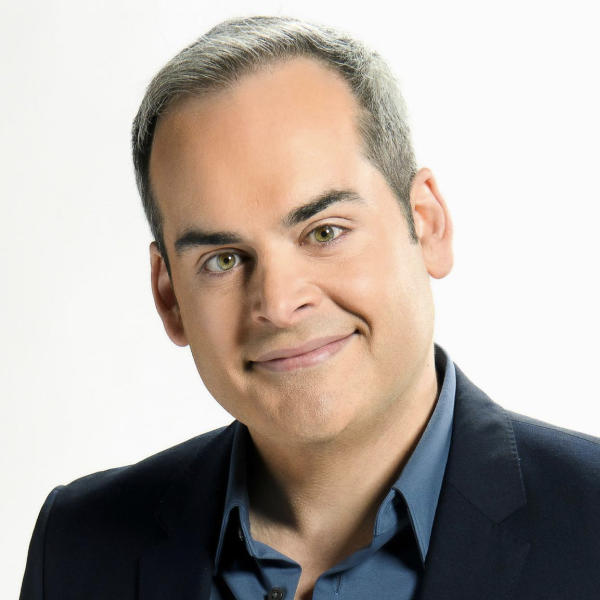
David Begnaud is a CBS News contributor and previously served as the lead national correspondent for "CBS Mornings," based in New York City. He joined the network in 2015 and his reporting — featured across all CBS News broadcasts and platforms, including "CBS Evening News," "48 Hours," "CBS Sunday Morning" and CBS News 24/7 — has earned him some of journalism's most prestigious awards.
One of Begnaud's most notable assignments was his coverage of Hurricane Maria when it hit Puerto Rico in October 2017. He spent more time covering Puerto Rico's recovery than any other network news correspondent, traveling to the island countless times and breaking numerous significant stories. His distinctive, unmatched reporting resulted in government action, and throughout the crisis, he delivered sustained coverage on all platforms — especially on social media. His coverage of Hurricane Maria earned him the prestigious George Polk Award for public service in 2018, which was the first time given to a journalist since 1978. The award, as the nominating committee states, places "a premium on investigative work that is original, resourceful and thought-provoking." Begnaud also received Radio Television Digital News Association's First Amendment Leadership Award for his significant contribution to the protection of the First Amendment and freedom of the press.
At CBS News, Begnaud covered major news stories around the world including the shooting at Pulse Nightclub in Orlando, Florida, the terrorist attack at the Inland Regional Center in San Bernardino, California, and the devastating earthquake that hit Ecuador in April of 2016 leaving hundreds dead and thousands injured. In the summer of 2017, he covered Hurricane Harvey in Houston, Hurricane Irma in Florida, and Hurricane Maria in Puerto Rico. Begnaud's coverage of important national and international stories is also featured prominently on CBS News 24/7.
Prior to CBS, Begnaud covered a wide variety of national breaking news from weather to crime for several news organizations. Previously, he created and reported for "Newsbreaker" at ORA-TV, a social media platform for current events and breaking news and was a contributing correspondent for "Entertainment Tonight," the No. 1 syndicated entertainment newsmagazine in the world.
His career began in local news at KLFY-TV as an unpaid "teen reporter" while in high school, in his home state of Louisiana. Upon graduation, KLFY-TV hired him as a full-time reporter. He later became the weekend morning and evening news anchor. During the week he attended college, and graduated from the University of Louisiana, Lafayette in 2005.

Gayle Noble's daughter is embracing her mother's "aggressive kindness" by sharing her stories on the Instagram account, Gayle Tales.
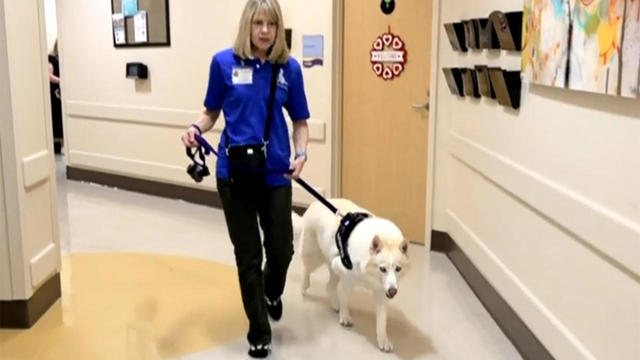
When Gaia's owner died, her next door neighbor took her in – and brought her into the hearts of countless others through Gaia's training as a therapy dog.
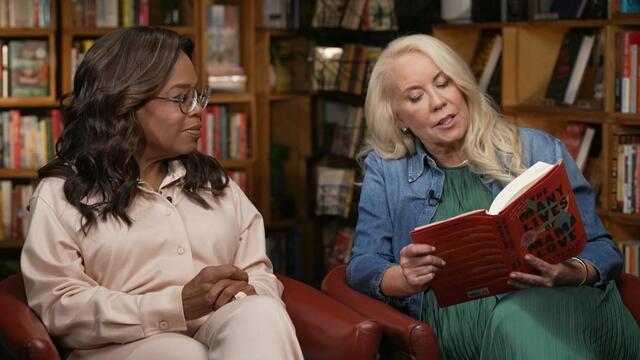
"The Many Lives of Mama Love" is a memoir by Lara Love Hardin that has been selected as Oprah Winfrey's latest book club pick.
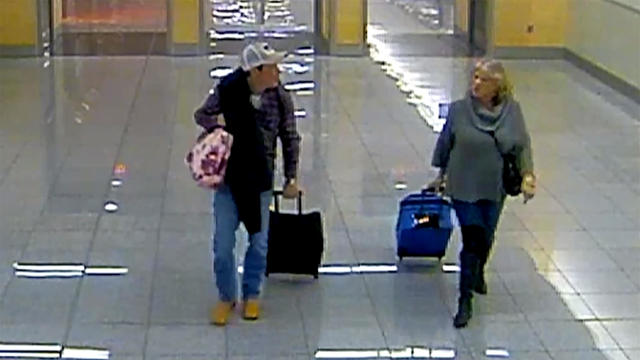
With a torn ACL and a knee in need of replacement, Cindy Tutko was in pain as she walked with a heavy bag through the Atlanta airport. Then she met a good Samaritan who became like a son to her.
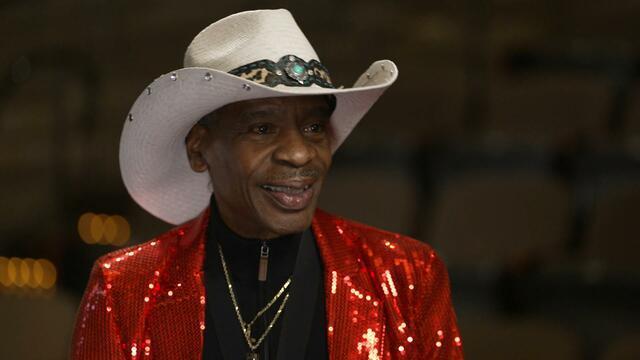
DeFord Bailey made history as the Grand Ole Opry's first Black performer and country music's first Black star. Now, his grandson is looking to chase the same fame.
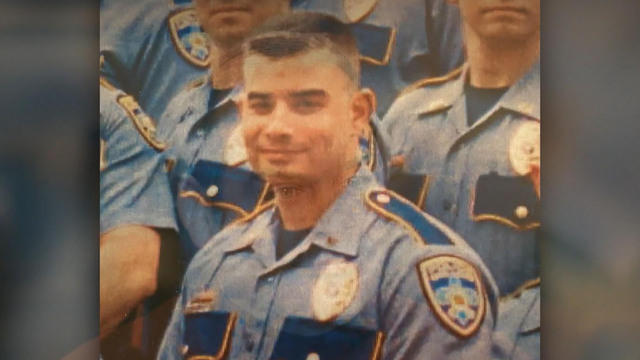
Vicki Melancon and Madalynn Jarreau formed an extraordinary bond after Melancon's son was fatally shot in the line of duty.
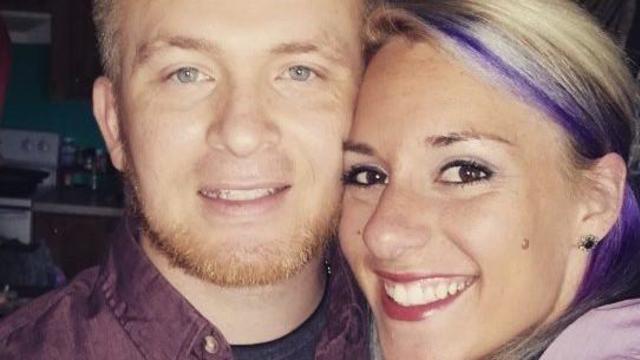
Jason Crawford was convicted of murdering his wife and sentenced to 99 years in prison. In an exclusive interview with "48 Hours," Crawford maintains he's innocent and that his wife shot herself, despite what a jury decided.
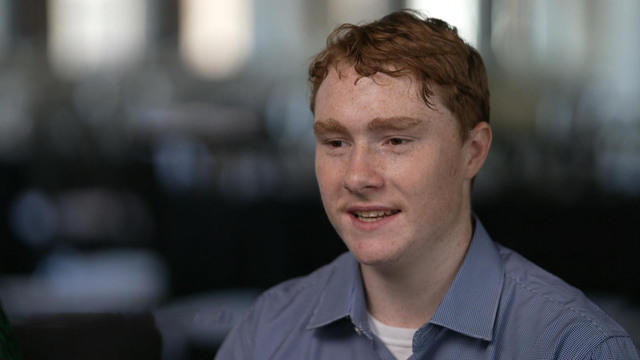
Callum deQuevedo has an incredibly severe case of Tourette syndrome, a neurological disorder that can cause tics ranging from repetitive eye blinking to uncontrollable vocal — and physical — outbursts.
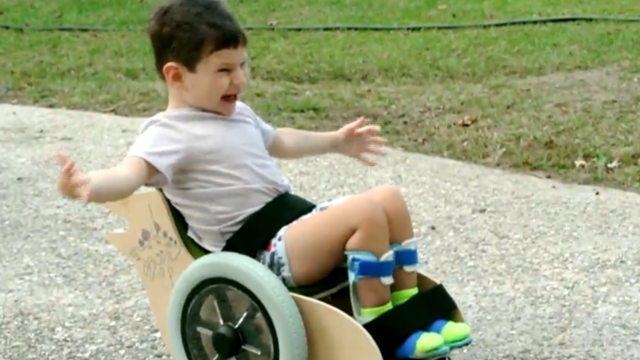
Since "CBS Mornings" lead national correspondent David Begnaud's original report in December, more than $40,000 in donations rolled in to help create more of these specially designed wheelchairs.
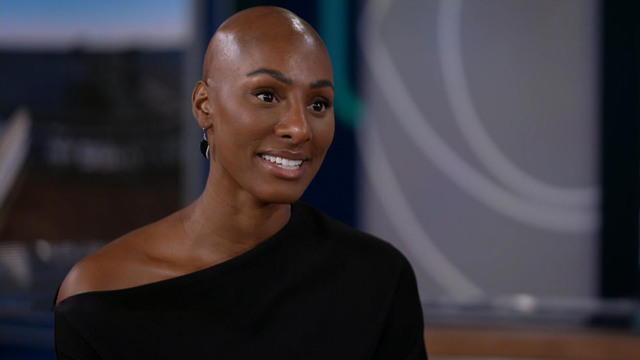
In September during alopecia awareness month, Aziza Shuler revealed to CBS News Philadelphia viewers that she has alopecia.
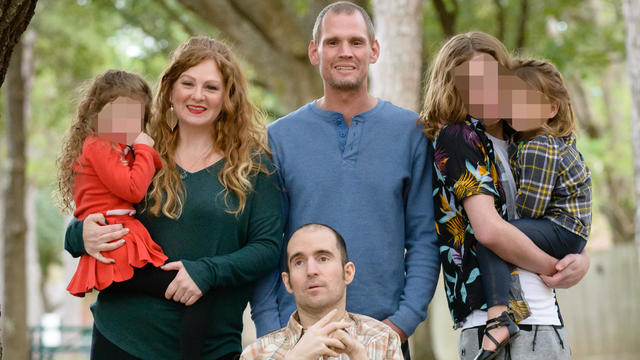
"I had made vows that I would be with him in sickness and health, and I took that very seriously," Kris Armstrong said of her former husband, Brandon Smith. "I didn't stay married to him, but I wanted to take care of him."
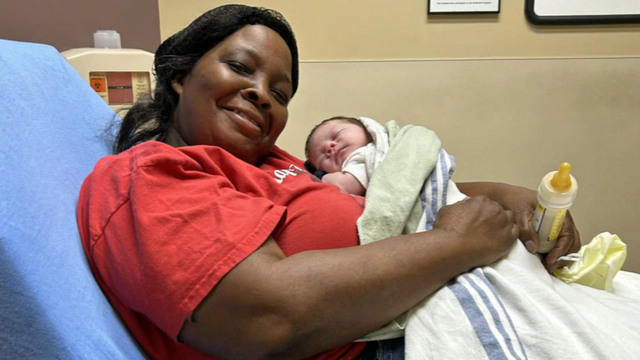
Roberta Bell was fired after saying she would temporarily care for an inmate's baby until the woman was released.
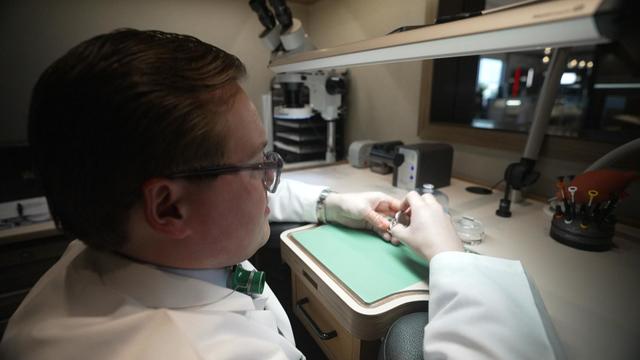
"CBS Mornings" lead national correspondent David Begnaud was surprised with a last-minute plane ticket, embarking on a challenge to find a story within 48 hours of arriving at his destination.

Wilbert Boyce, believed to be Savannah's last shoe shiner, has decided to retire — marking the end of an era for the 78-year-old and his vanishing craft.

Robin Allgood, a volunteer pet rescuer, saw a plea for help and took matters into her own hands.